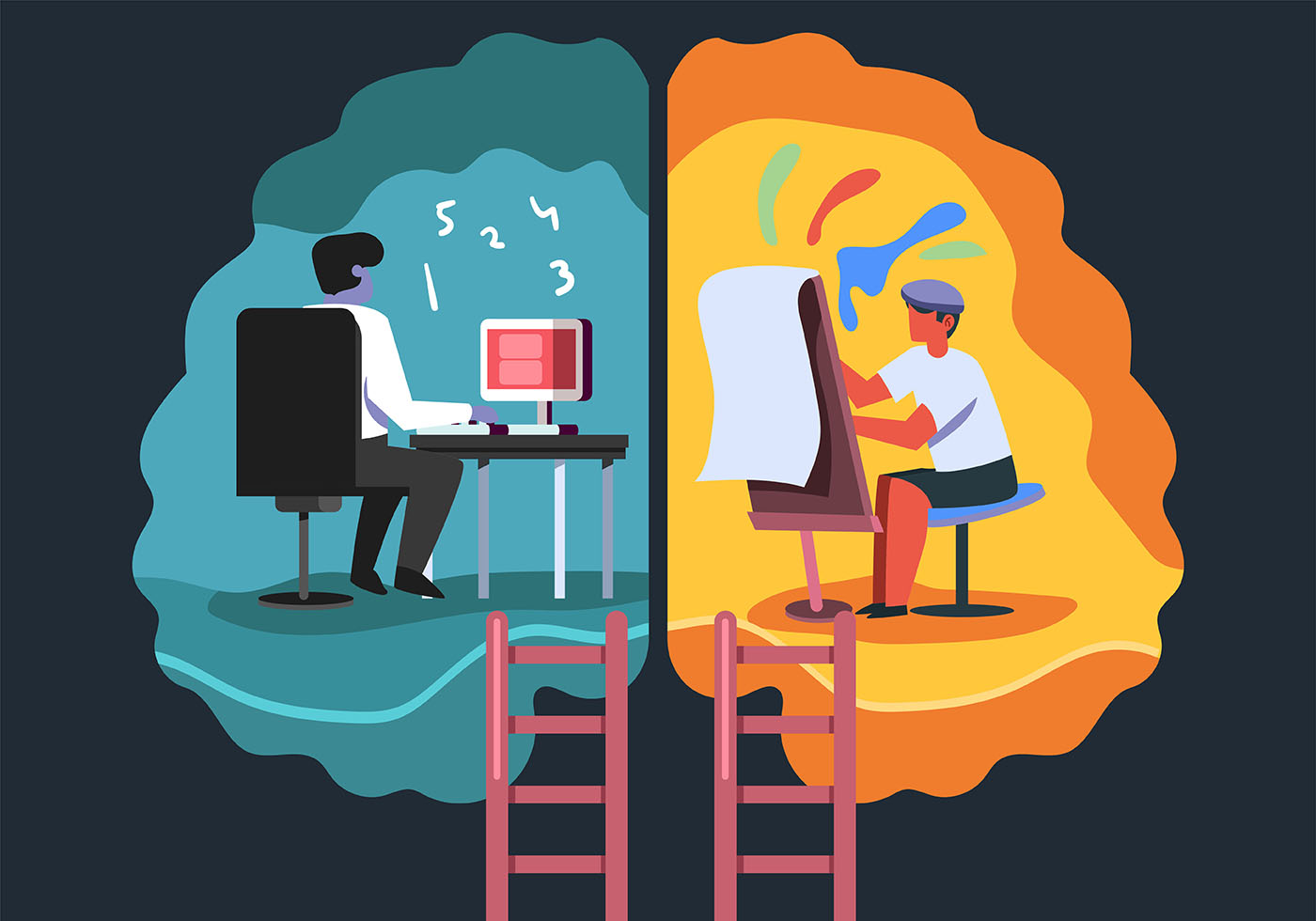
Pandemic lockdowns created a market of complexity and fluidity. Brands tried their best to navigate turbulent waters, but many attempted to do so without any point of reference.
It has been well documented that the crisis to which we have become accustomed bears no comparison to recessions of the past.
Therefore, what is the role that diversified media owners like News UK should play to provide opportunities for brands who have never seen anything like this before?
Science doesn’t have all the answers
For answers, we could perhaps turn to behavioural science. After all, could we not consider the heuristics (mental shortcuts) that consumers default manifesting as cognitive biases?
Perhaps, for example, the subconscious influencers of post-COVID consumers’ behaviour can be found in the concepts of loss aversion, social proofing, or even confirmation bias.
But where would this get us? True, audiences are going to be frugal and pragmatic – they may well adopt a herd mentality to either shopping or not shopping on the high street, and they will respond well to messages that already align with their own. These are all hypotheses the science would support.
However, what science may not yet be able to judge – accurately, at least – is the emotional impact that the biggest public health crisis in history has had on people’s attitude to brands.
To understand this perhaps requires a more philosophical approach, a marrying of the science with the art.
Best of both?
The “scientist” and the “artist” here are not mere metaphors – rather, they stand in for two correlative methodological aspects of “the task of the philosopher”.
In other words, we must engage the empirical world in the manner of the scientist and, at the same time, to present the world of ideas in the manner of the artist.
In our media context, the science is robust. We know that 95% of the brain’s processing is automatic, instinctive and emotional.
And we also know we are not rational creatures. It is how brands appeal to this fact about our nature that requires the manner of the artist.
Of artists and emotions
For “artist”, here read also “journalist”, “presenter” or “storyteller”.
News UK has a strong emotional connection with its readers and listeners. Our editorial content is highly emotive, we have built tools to understand how this content makes our audiences feel and we know that brands can leverage all this insight to make their ads work harder.
It has, therefore, become News UK’s mission to make brands matter through emotional connections.
This has never been a more pertinent position to adopt – over the last couple of years, emotional arousal has been heightened. And when emotions are aroused, people are primed to act.
News UK commissioned research with the LSE which uncovered two key findings:
- Emotional, arousing articles – whether positive or negative – result in greater engagement with advertising. This is supported across multiple other studies.
- When the emotional state of the ad is congruent with the emotional state of the article, the impact on advertising interaction is even greater.
So, an emotional context is critical to ensure campaigns are effective. News UK has built a proprietary data platform, News IQ, to unlock the potential of these emotional insights.
Emotion is everything
Foresight Factory, a research group, identified that any major destabilising structural event like COVID-19 demands a re-evaluation of the consumer.
How will their needs and priorities shift in response? Which behaviours and attitudes will suddenly come to the fore, and which can we expect to hibernate?
However, within all the recent uncertainty, there is some clarity. Brands must make themselves matter to consumers by making an emotional connection.
Heart still rules head.
“The heart has reasons to which reason knows nothing”
(Blaise Pascal).